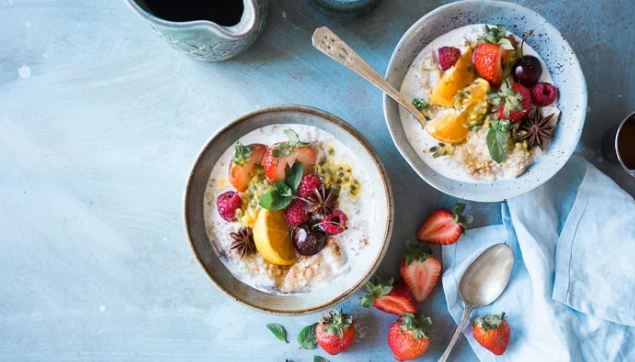A new study suggests that the intake of flavanol-rich foods like green tea, apples, and berries can help reverse memory loss.
According to the study, insufficient amounts of flavanols can hamper mental functions and cause memory loss.
The flavonols can be found in leafy vegetables, blackcurrants, onions, apples, berries, cherries, peaches, soybeans, citrus foods, tea, chocolate, lettuce, peppers, grapes and even wine.
The research — published in the journal PNAS — found that those above 60, who were already consuming enough flavanols did not report any additional benefits of it; however, the deficient ones, when they replenished themselves with these vital compounds noticed improvements in memory by an average of 16% in a year.
Dr Adam Brickman, professor of neuropsychology at Columbia University, said: “The improvement among study participants with low-flavanol diets was substantial and raises the possibility of using flavanol-rich diets or supplements to improve cognitive function in older adults.”
The finding supports the idea that the ageing brain requires specific nutrients to stay functioning well, just as the developing brain of children requires specific nutrients for proper growth, believed researchers.
In the study, the participants were told to consume a daily flavanol supplement pill — similar to 500mg of daily amount for adults as advised — or a placebo pill for three years.
Memory improvement
In the study, participants were asked to complete a survey that assessed their diet and perform some web-based activities in their own homes, to determine their short-term memory. These were repeated after one, two and three years.
The study found that participants who were taking supplements of flavanol after a year with a poor diet, had lower baseline levels of flavanols saw their memory scores increase by an average of 10.5%, compared to those who took the placebo pill, and 16% compared to their memory at baseline.
The improvement lasted for at least two more years.
Commenting on the research, Professor Aedin Cassidy, Chair in Nutrition & Preventative Medicine at Queen’s University Belfast, said: “This is a really important study showing that [a] dose of flavonoids called flavanols, present in tea, cocoa, apples, and berries, is key for improving memory in the ageing brain.”
“Supplementing with flavanols reversed the lower memory in the participants who had low diet quality after one year of intake and this was sustained throughout the three-year intervention period.”
“So when habitual diets are not as healthy as they could be, we now have evidence that simple additions to the diet like flavanols can contribute to maintaining brain health as we age.”
The team also maintained that they could not definitively conclude that low dietary intake of flavanols alone causes poor memory performance because they did not conduct an experiment where they removed flavanol to see if it made memory worse.
The researchers are intending to find this out by conducting clinical trials in which they restore flavanol levels in adults with severe flavanol deficiency to see if it improves memory.

















